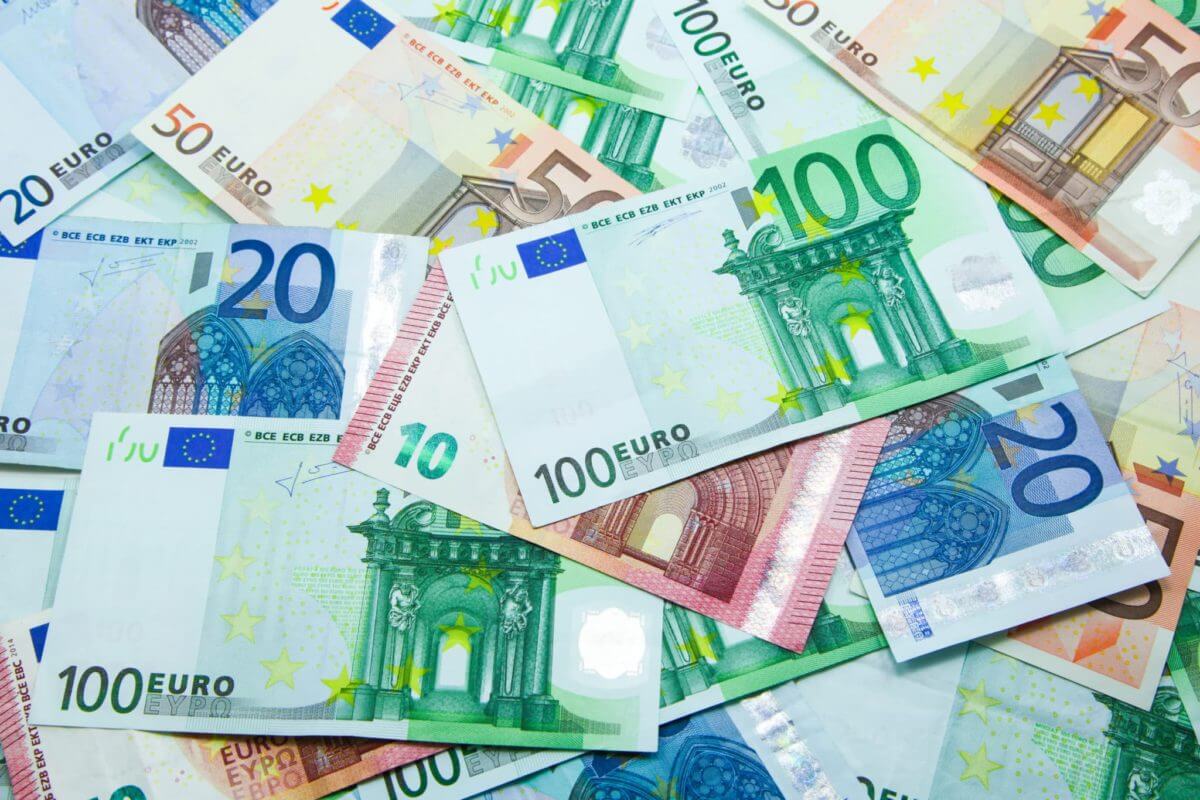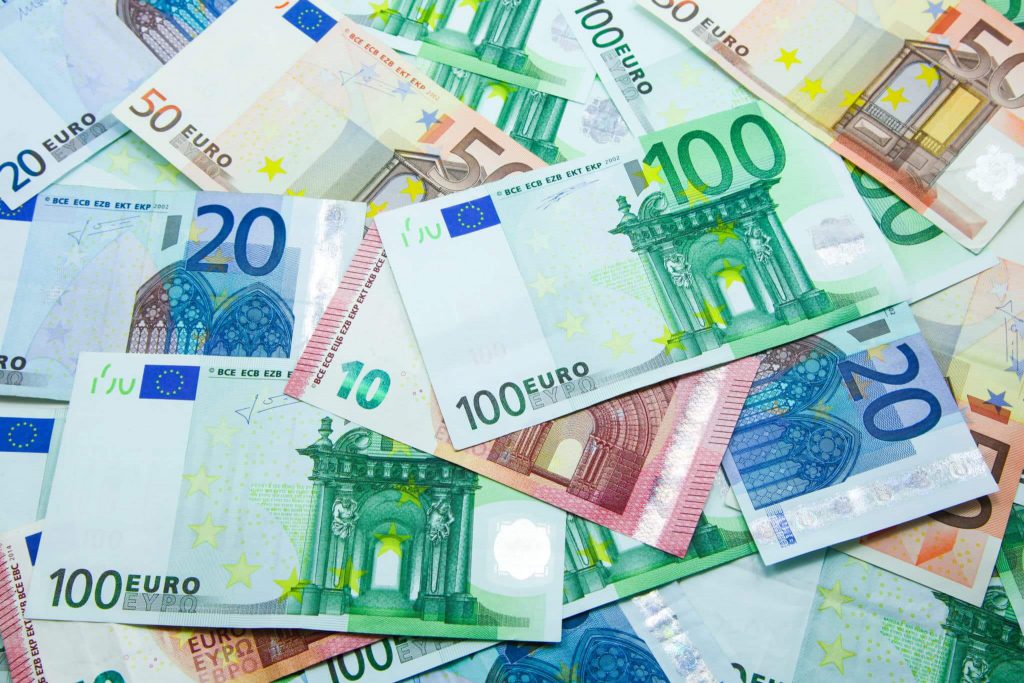
Euro is rallying while the dollar and riskier currencies hit low
The Euro jumped to a one-month high on Tuesday. European Central Bank President Christine Lagarde stated that interest rates in the eurozone would likely be in positive territory by the end of the third quarter, supporting the currency. Market participants cut short bets on the common currency as Lagarde’s comments combined with resilient business activity data bolstered appetite for the Euro. However, the gains were capped ahead of the release of minutes from the U.S. Federal Reserve’s May policy meeting on Wednesday.
Stuart Cole, the chief macro strategist at Equiti Group in London, noted that if Lagarde is correct in suggesting that rates will no longer be negative in the third quarter, that potentially means two rate hikes over the course of the next four months. He also added that today’s European PMI numbers were pretty robust.
The Euro was the stand-out gainer on Monday after Lagarde hinted that eight years of negative eurozone interest rates would most likely be over by the end of summer. The currency extended gains after trading in the red for several weeks. On Tuesday, the Euro surged forward by 0.2% to $1.0707 after Lagarde said she saw the ECB’s deposit rate at zero or slightly above by the end of September. She also implied an increase of at least 50 basis points from its current level.
The common currency plunged to a January 2017 low at $1.0349 earlier this month. However, it has since rebounded by 3.6% in seven trading sessions. Meanwhile, the Euro’s gains pushed the greenback to a fresh one-month low. A broad selloff in stock markets failed to strengthen the U.S. currency’s safe-haven appeal. Consequently, the dollar tumbled down by 0.3% to 101.79 against a basket of other major currencies, hitting its lowest level since April 26.
How are the Australian and New Zealand dollars faring?
The risk-sensitive Aussie dollar also delinked by 0.41% to $0.70815. On the other hand, the kiwi shaved off 0.46% at $0.6438. Investors widely expect the Reserve Bank of New Zealand to raise the key rate by half a point. Moreover, traders seem prepared to flee from one asset class to another at the first sign of weakness. On Tuesday, an index of currency market volatility remained firm at 9.6%, near a two-year high above 10.5% hit earlier this month.
The Turkish Lira Plunged to a five-month low in a broad selloff of emerging market stocks and currencies. Glum company earnings deepened concerns about global economic growth. As a result, the emerging market stocks dropped by 1.2%, in line with global peers. A profit warning from Snap Inc had dampened the relief rally of the last few trading days.
Shares in both China and Hong Kong declined by more than 2% amid heavy selling by foreign investors. The latter feared that new coronavirus curbs in Beijing would further hinder growth in the world’s second-largest economy.
Turkey’s Lira collapsed to beyond 16 against the greenback, bringing its losses for the year to 18%. Traders questioned the sustainability of economic policies ahead of a monetary policy meeting, which is due later this week.
Simon Harvey, the head of FX Analysis at Monex, noted that at the moment, it’s almost a one-directional bet for the Turkish currency. However, the risks of more excessive and more extreme central bank adjustments to fight it are increasing as the Lira weakens.
What about the other EM currencies?
On Tuesday, South Africa’s rand fell by 0.1% against the dollar. On the other hand, the Russian rouble extended its gains against the U.S. currency. It strengthened past 57 for the first time in four years, bolstered by export-focused companies selling foreign currency to pay taxes.
Investors are waiting for the release of global purchasing manager index surveys, as well as comments by policymakers at the World Economic Forum. Some officials flagged the risk of a worldwide recession at the annual Davos think-fest.
Meanwhile, Indonesia’s central bank announced more aggressive hikes in the reserve requirement ratio (RRR) for banks today. It expects inflation to jump slightly above its target band this year. Despite that, the bank kept interest rates unchanged at a record low.
The rupiah has traded under pressure in recent weeks amid expectations for faster U.S. rate increases. Still, its declines have been more limited than some other Asian emerging market currencies.


